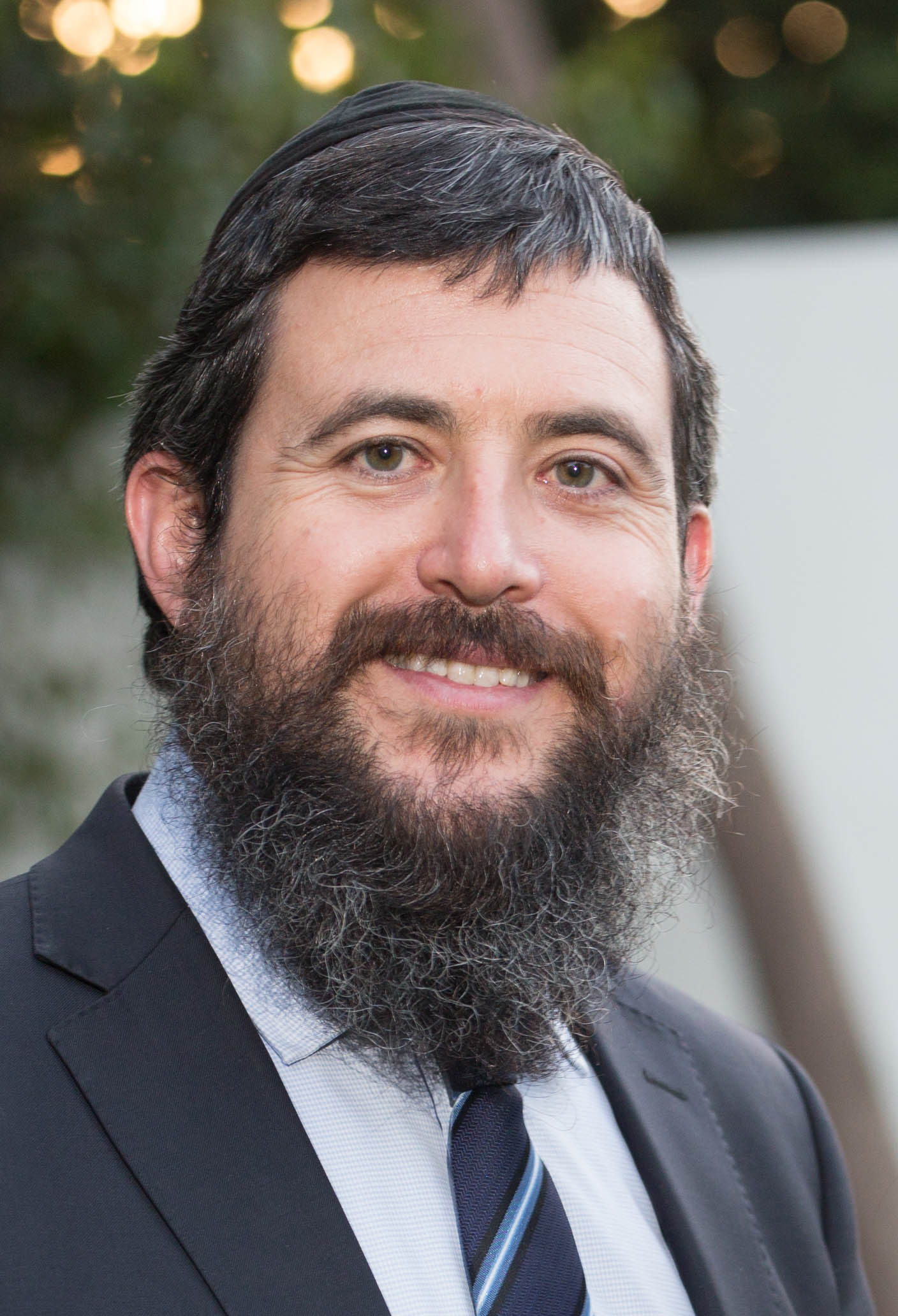
OpEds

Compromise – key ingredient for a political marriage
As anyone who has travelled to Israel will know, one of the iconic features of Ben Gurion International Airport is the world’s largest kosher mezuza affixed to an interior entranceway of the airport.
The sofer (ritual scribe) Rabbi Yitzchak Karichali spent three years handwriting the mezuza that’s more than a metre in length. “Ben Gurion Airport is the gateway to Israel, so it’s a suitable place for this special mezuza,” said airport official Kobi Mor.
This large and unique mezuza reminds millions of travellers that pass through Ben Gurion Airport of the divine protection that rests over the land of Israel, a country celebrated and revered by all the Abrahamic faiths and religions. It reminds them that although Israel may be under attack from Hamas, Hezbollah, and countries from around the world, it’s nevertheless G-d’s country, and He will ultimately protect her, her people, and her supporters. However, there’s another lesson the mezuza teaches us, especially at the entrance to the country.
In Jewish law, we’re instructed to put the mezuza up at an angle, leaning slightly inwards towards the direction of the room one is entering. This detail isn’t random or meaningless. There’s actually a debate between the two Talmudic giants, Rashi and Tosafot, with regards to the correct position of a mezuza, with Rashi saying it should be placed vertically on the door post and Tosafot saying horizontally. The conclusion of halachic authorities is that we put the mezuza up at an angle to accommodate both opinions.
This is a unique halachic ruling, as most debates in Jewish law conclude with one side of the debate being chosen by the later sages as the right one to follow. The reason why this debate ends differently and the mezuza is placed at an angle to incorporate the two opinions is because the mezuza is placed at the front of the home. It welcomes us by the front doorway with an important trait critical for the smooth-running of the home: compromise. Knowing how to listen to each other and compromise a way forward that will please everyone is the first key ingredient of a healthy marriage and a peaceful home.
We’re living at a time when the rate of divorce and broken homes has increased. When preparing couples for marriage, I often raise this concern and discuss ways to ensure a strong and everlasting relationship. It’s easier to respect and listen to one’s significant other during the romantic dating and engagement period than it is once the couple is married and life moves on with its day-to-day challenges. It takes two people to form a relationship, and both need to feel that their voice is heard and valued in order for the relationship to be sustainable.
That, to me, is the lesson of the mezuza at the entrance to Israel. It’s a lesson for the society of Israel – that the way the country will survive animosity from around the world and the way the economy and social development of the country will thrive is by working together. Members of the Knesset need to respect one another and learn how to compromise if they want to govern the country successfully. Members of the public need to acknowledge the different and diverse people that make up the society of Israel if they want to live peacefully in the land.
Like Israel, in South Africa, we now have a multiparty government called the Government of National Unity (GNU). These are exciting and hopeful times for the country and its future, as our government now has a diverse representation of the population. This new reality could be the beginning of something very exciting which can bring the change we so desperately need. However, this new partnership of political parties will require a great deal of effort and hard work from all involved. It will require compromise from all sides – a lot. Perhaps a mezuza on the front entrance to Parliament or the Union Buildings would be worthwhile to serve as a daily reminder of this to the parties and politicians involved. If they need a rabbi to officiate the blessings, I would be happy to volunteer my services.
Torah has such important guidance for the GNU. First, we must remember that unity doesn’t mean conformity. Each party must hold onto its own identity with its own values and policies, just like the unique flag that each tribe of Israel carried through the desert; the 12 different pathways the tribes used to cross the Red Sea on the way out of Egypt; and the 12 different stones the high priest wore on his breastplate to remember the 12 tribes. According to Jewish thought, individuality and independence is important and in no way a contradiction to compromise or unity. The greatest sign of unity – and its true definition – is when diverse people can find a way to work together.
There’s one condition, that all parties agree to a central goal and focus-point that will benefit all of them equally. This will ensure that everyone is aiming to accomplish the same thing in spite of differences of strategy or style. For the Jewish people in the dessert, the central theme was the Tabernacle – the House of G-d – around which the tribes of Israel camped. For the people of South Africa, the positive future of our country and its people must remain the central theme of all government discussions and policies. Fraud, theft, and corruption together with biased and prejudiced foreign policy will disrupt the unity government and only lead to further strife and inner conflict between the various parties.
At the end of the Jewish prayer called the Amidah, we say, “Bless us, our Father, all of us as one, with the light of your countenance.” When we’re all one – diverse in our unique ways but united in our goal and willing to compromise for the sake of peace – then our country South Africa will merit divine blessings from on high.
I know we can do it!
- Rabbi Yehuda Stern is the rabbi at Sydenham Shul.







Ruth Kalmek
June 27, 2024 at 9:10 pm
Dear Rabbi, what a beautiful and insightful message you have written.
Please G-d it will resonate throughout our beloved Israel and South Africa.